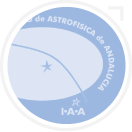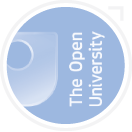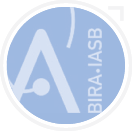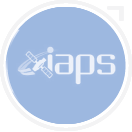UPWARDS, a cutting-edge project for global understanding of Mars
Co-ordinated by the Instituto de Astrofísica de Andalucía (IAA-CSIC), the project involves seven European scientific institutions which are developing new analytical techniques to exploit the Mars Express and the future ExoMars missions.
Over a period of three years, the Understanding Planet Mars With Advanced Remote-sensing Datasets and Synergistic Studies (UPWARDS) consortium will review and analyse the data gathered by the European Mars Express mission and other missions to the red planet. To this end, it will develop innovative data analysis tools and apply new geophysical and atmospheric models that will help scientists to address questions that have still not been answered, such as the water cycle on Mars, the origin of the methane gas detected in its atmosphere and the variability of its dust storms.
“A common strategy in the analysis of space exploration data is to leave the task in the hands of the same laboratory that developed the instruments, making it an isolated process. UPWARDS is a pioneer in the creation of multidisciplinary groups for the coordinated analysis of the information gathered on a space mission prior to its launch”, explains Miguel Ángel López Valverde, the IAA-CSIC researcher who is leading the project.
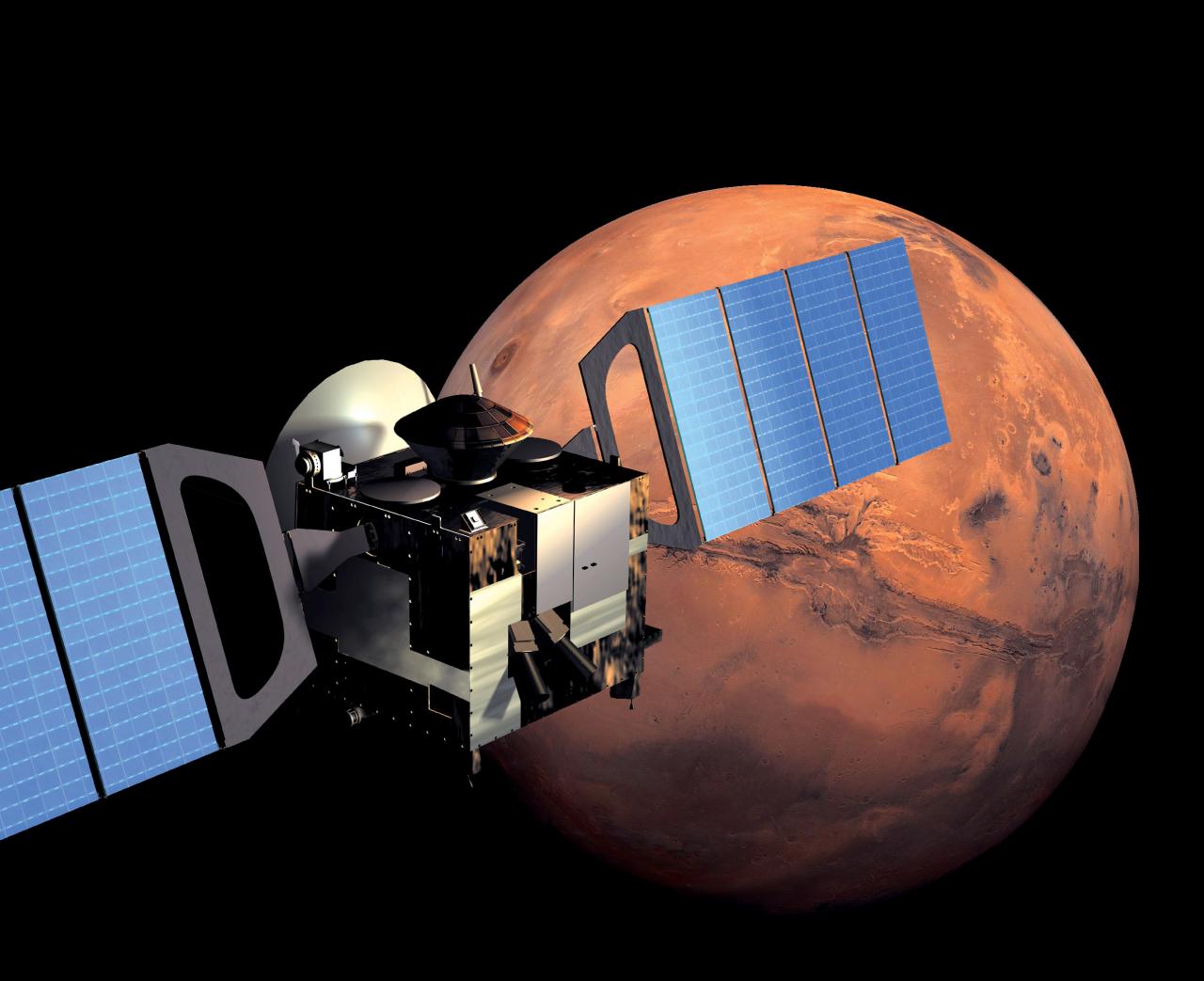
The new tools generated by the UPWARDS project will make it possible not only to obtain more information from the data that we possess about the red planet, but will also be fundamental in the review of the evidence gathered by the ExoMars Trace Gas Orbiter (TGO) mission, whose launch is planned by the European Space Agency for January 2016. Likewise, the intensive work being carried out by this multidisciplinary consortium will serve to create a scientific framework of reference within which to prepare both the ExoMars Rover operation, planned for 2018, and future missions to Mars.
UPWARDS is an ambitious project which aims to put together all of the loose pieces of the jigsaw and reveal a Mars hitherto unknown. Among the results expected from this comprehensive understanding of Mars, López Valverde highlights the exchanges between the inner planet and the frontiers of its atmosphere with interplanetary space. “Until now, we have known that compounds such as methane and water vapour are expelled from the subsurface of the planet into the atmosphere. We know that large amounts of CO2 and water are deposited in the form of ice in the polar regions of Martian soil, and we know that there are compounds, some related with the water cycle that are broken down by the sun’s radiation and escape into space. But there has still been no joint study of all of these processes that allows us to form a consistent, global image”.
The synergy between the different teams and their work on the disperse data about Mars will be especially valuable for another of the great challenges of UPWARDS: to describe and understand the problem of water on the red planet. The presence of water vapour, clouds, frozen surfaces and seasonal variations indicate an active Martian water cycle. “It is very important to understand this in order to understand not only the current climate of the planet, but also the strong influence that it has had over millions of years on Martian geology, as well as the environmental conditions and the prospects of habitability”, explains François Forget, a researcher at the French National Scientific Research Centre (CNRS) and a member of the project.
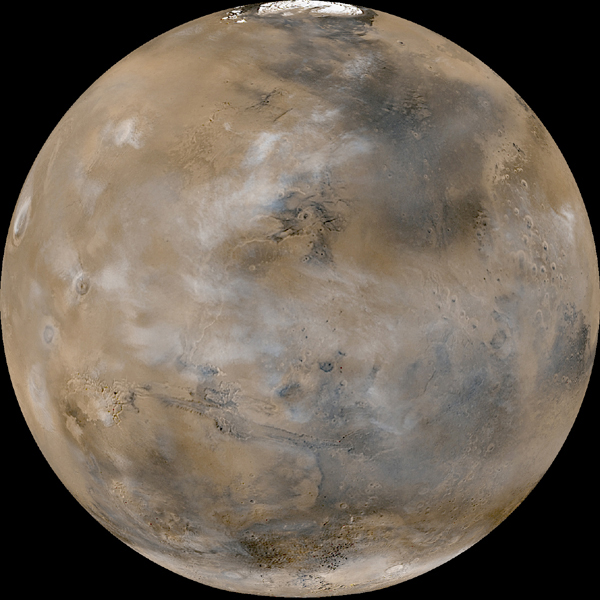
It is also important to highlight that UPWARDS will create a new, global database of the climate of Mars, assimilating spacecraft observations into model simulations that will produce 4D (spatial and temporal) datasets for the scientific community. According to Stephen Lewis, Dept. of Physical Sciences, The Open University and data assimilation lead for the project, “The data provided by UPWARDS to public European archives, and in particular the European Space Agency, will be very valuable to scientists investigating Mars. They will be useful, for example, to understand the climate and the chemical cycles on Mars and for the preparation of future space missions, like ExoMars”.
All of the members of the consortium have ample, recognised experience in the analysis of data from space missions and many of the scientists have been key players in the preparation of the Mars Express mission, successfully launched in 2003. “Cooperation between these institutions in a single project places UPWARDS at the forefront of Martian research in Europe and allows the European Union to maximise the resources devoted to learning more about our neighbouring planet”, says López Valverde.
About UPWARDS
UPWARDS falls within Horizon 2020, the European Union’s most ambitious research and innovation programme, which aims at excellence in scientific production, industrial leadership and the quest for answers to social challenges.
UPWARDS es un proyecto de vanguardia que, mediante la cooperación de grupos de excelencia, conformará una imagen integral de Marte, examinando desde el subsuelo hasta el escape al espacio. El desarrollo de nuevas herramientas y su aplicación para el estudio de datos existentes, pretende resolver grandes incógnitas sobre el planeta rojo, entre las que podemos destacar el ciclo global del agua, el intercambio de metano y otros gases entre atmósfera e interior de Marte, el comportamiento de las tormentas de polvo y la naturaleza del subsuelo marciano. Además, miembros de UPWARDS participarán en la misión europea ExoMars 2016-2018, desarrollando nuevas herramientas de análisis que ayudarán a crear un contexto científico de referencia para futuras misiones a Marte.
El consorcio UPWARDS está compuesto por la Agencia Estatal Consejo Superior de Investigaciones Científicas (CSIC, España); The Open University (OU, Reino Unido); Institut d’Aéronomie Spatiale de Belgique (IASB, Bélgica); Centre National de la Recherche Scientifique (CNRS, Francia); Istituto Nazionale di Astrofisica (INAF, Italia); Koninklijke Sterrenwacht van Belgie (ORB, Bélgica) y la Universidad Complutense de Madrid (UCM, España).
CONTACTAndalusian Astrophysics Institute (IAA-CSIC) |






